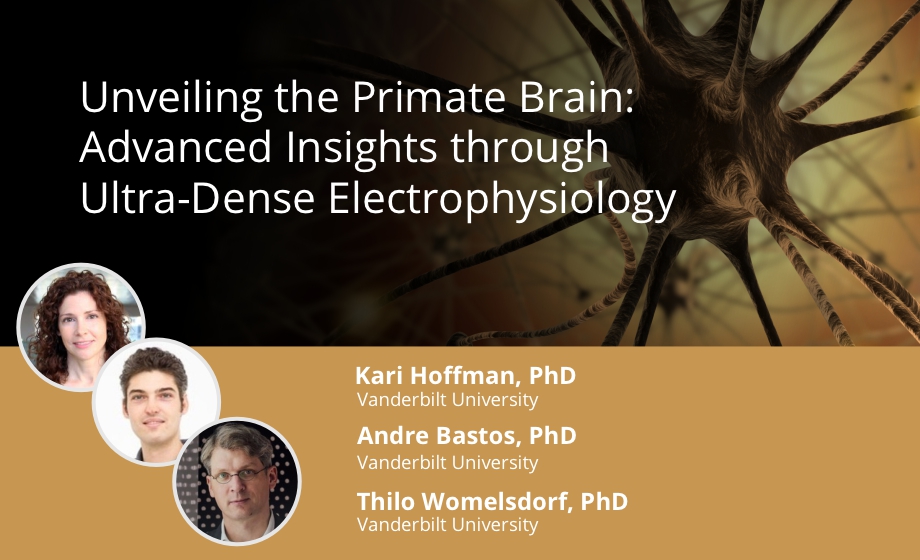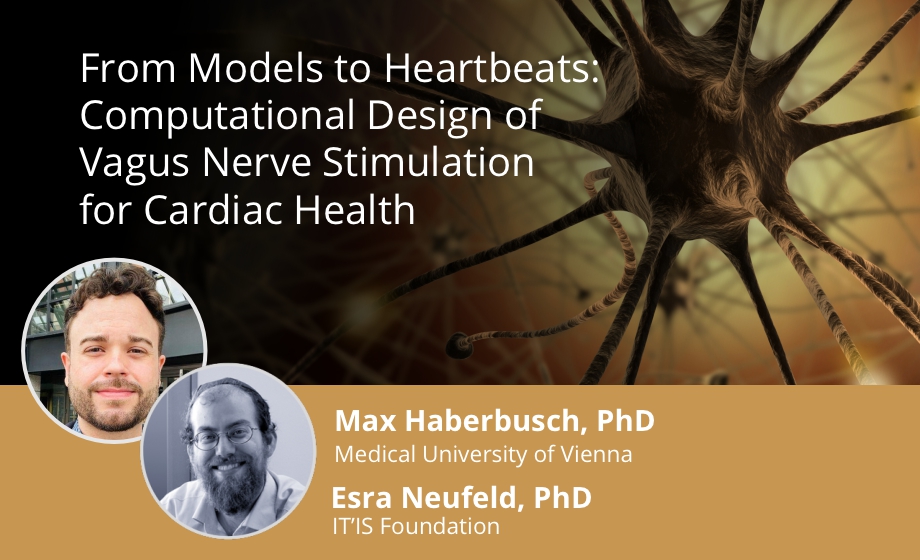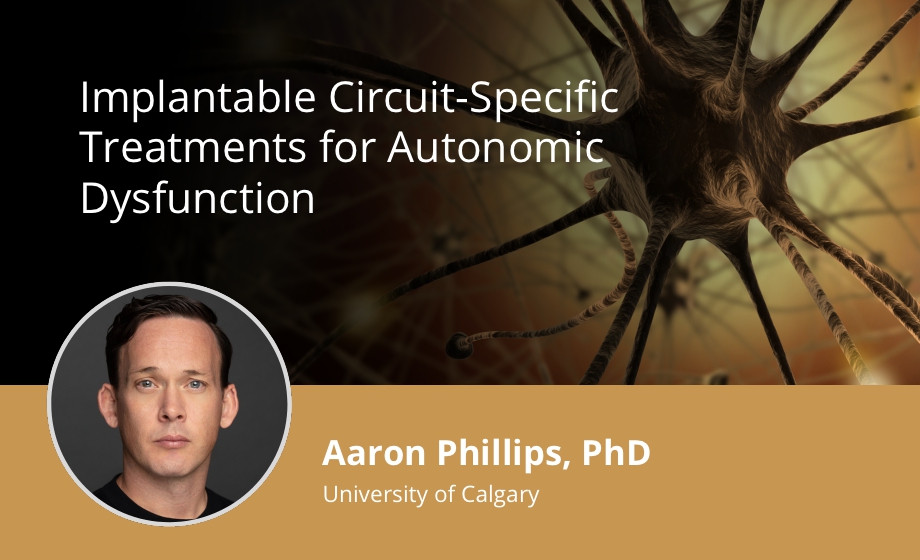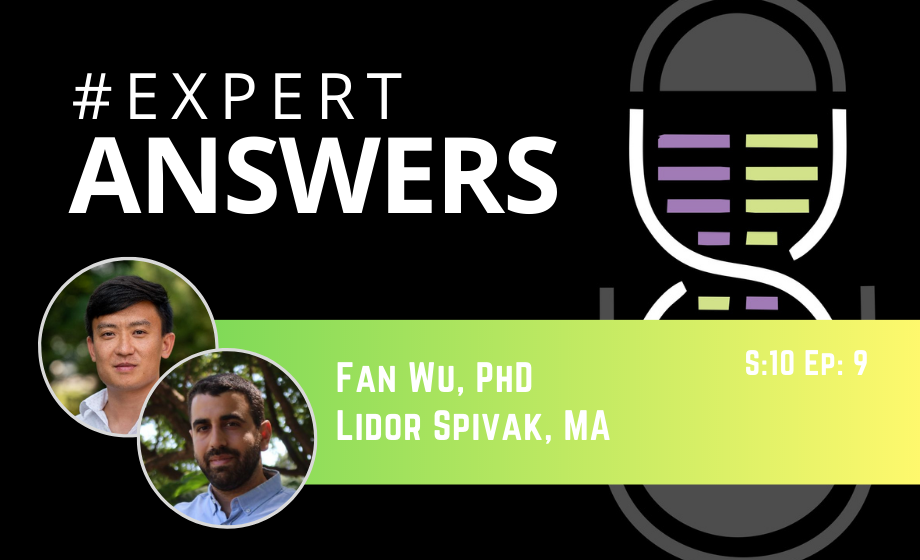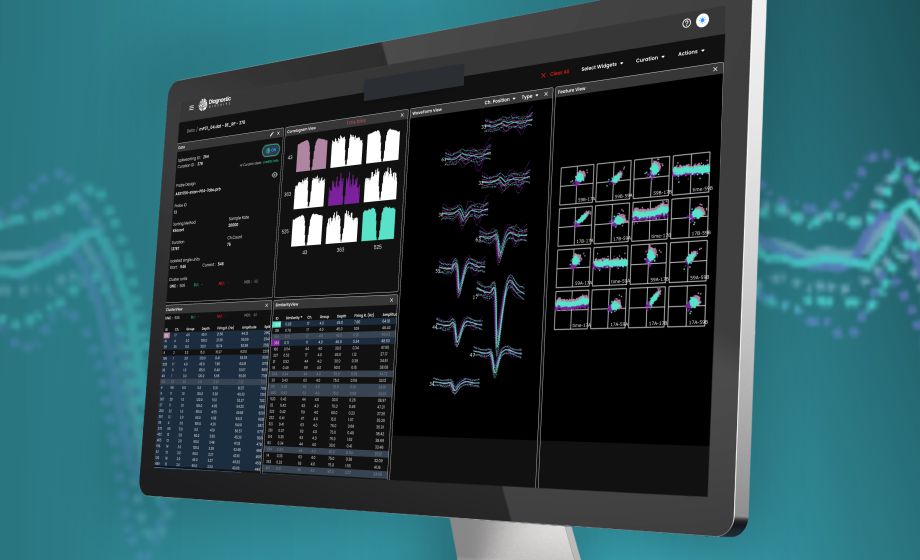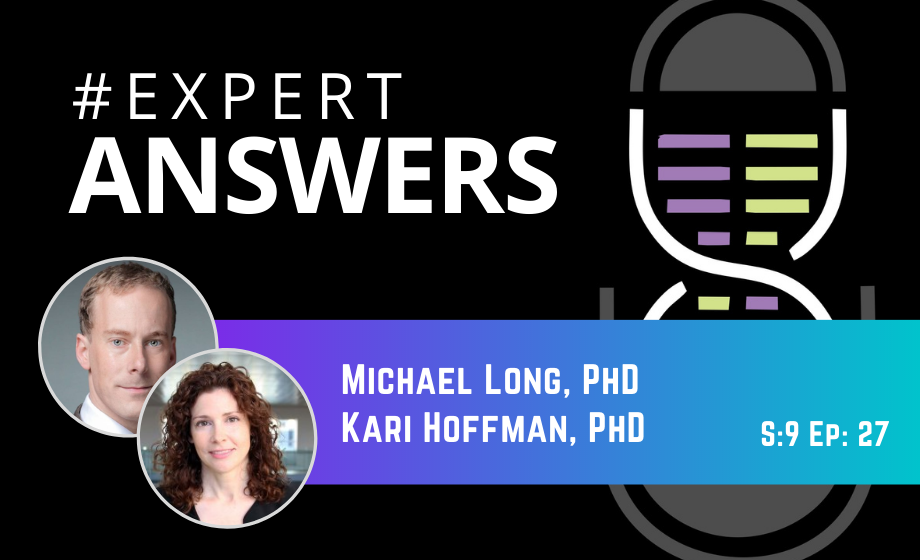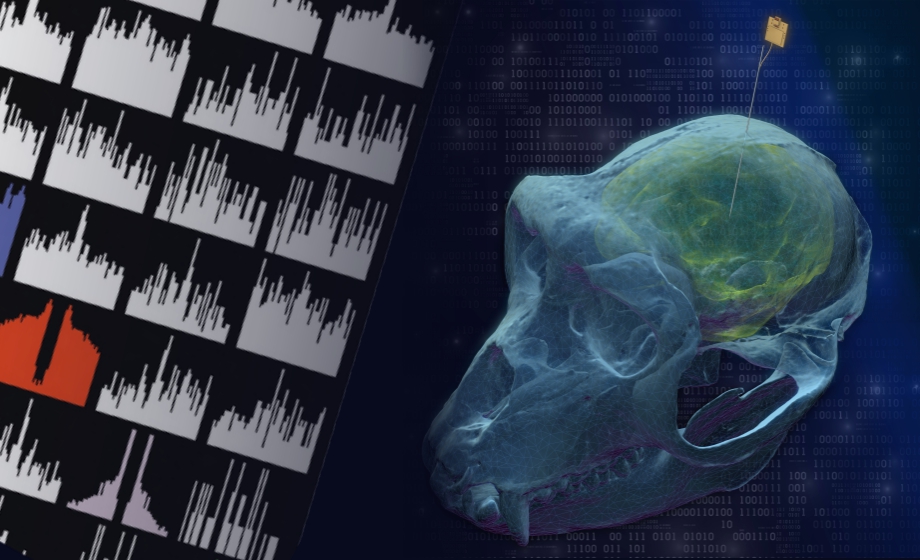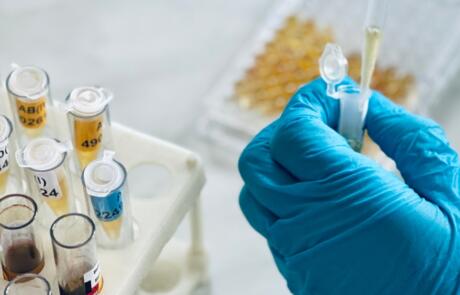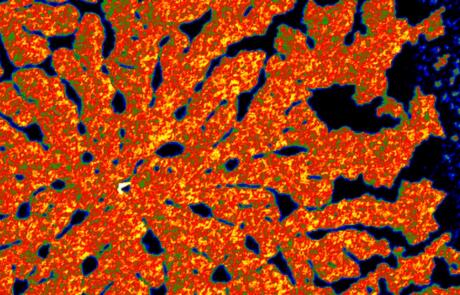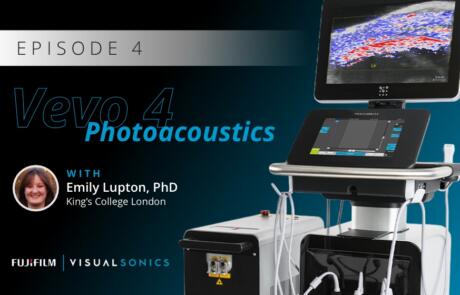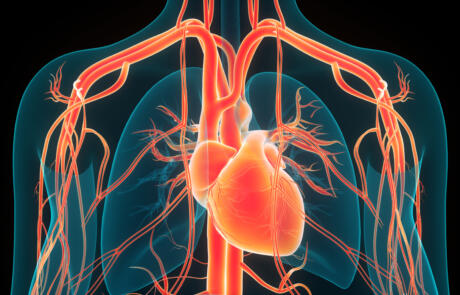Unveiling the Primate Brain: Advanced Insights through Ultra-Dense Electrophysiology
In this webinar, Drs. Kari Hoffman, André Bastos, and Thilo Womelsdorf present their research on the neurophysiological basis of learning, cognition, and sensory processing, including attention and connectivity between brain regions in non-human primates.
From Models to Heartbeats: Computational Design of Vagus Nerve Stimulation for Cardiac Health
This webinar explores closed-loop cardiac rhythm control restoration in heart-transplant patients from model development to in silico regulatory evidence for safety and efficacy trials.
Implantable Circuit-Specific Treatments for Autonomic Dysfunction
In this webinar, Dr. Aaron Phillips presents his research on the neural mechanisms of hemodynamic stability.
#ExpertAnswers: Fan Wu and Lidor Spivak on Electrophysiological Data Analysis using Artificial Intelligence
Fan Wu and Lidor Spivak discuss automating electrophysiological data analysis using artificial intelligence and introduced a new cloud-based platform applying these methods.
Towards Automated Spikesorting using Artificial Intelligence on a Cloud-Based Platform
Dr. Fan Wu and Lidor Spivak answer questions from their webinar on the automation of electrophysiological data analysis using artificial intelligence.
From Trauma to Binge Eating: How Early Life Experiences Impact the Leptin System
Early life trauma (ELT) has been identified as a risk factor for binge eating and obesity in adult life, but the neural mechanisms behind this phenomena have yet to be determined. In this blog post we discuss a recent publication from Shin et al., which delineates the circuitry of this ELT-induced maladaptive eating.
Towards Automated Spikesorting using Artificial Intelligence on a Cloud-Based Platform
In this webinar, Dr. Fan Wu and Lidor Spivak discuss the use of artificial intelligence to automate electrophysiological data analysis, including a new cloud-based software platform.
#ExpertAnswers: Michael Long and Kari Hoffman on Electrophysiology
Michael Long and Kari Hoffman investigate the neural mechanisms of learning, memory, and behavior using high-density silicon probes from Diagnostic Biochips in small and large animals.
Using High-Density Electrophysiological Recordings to Investigate Neural Mechanisms in Small and Large Animals
Join Drs. Michael Long and Kari Hoffman as they present their work investigating the neural mechanisms of learning, memory, and behavior using high-density silicon probes in small and large animals.
